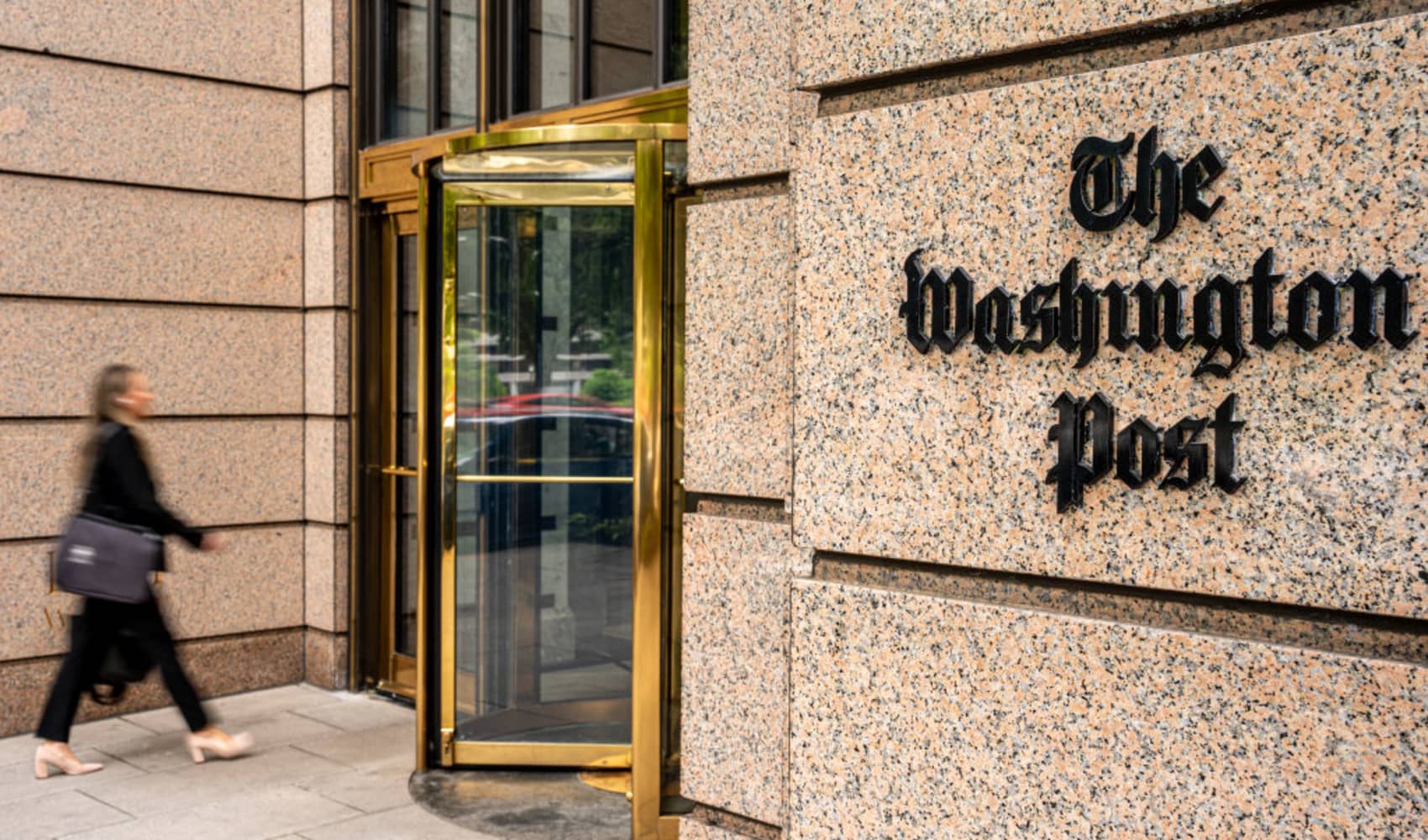
Britain’s Prime Minister Keir Starmer gives a media interview while attending the 79th United Nations General Assembly at the United Nations Headquarters in New York, U.S. September 25, 2024.
- The U.K. Labour government is hoping to woo foreign capital to the country on Monday as it hosts its inaugural International Investment Summit in London.
- Uncertainty around the event and suspected tax changes in the upcoming budget have left some investors in the dark.
- Former Google chair Eric Schmidt, Goldman Sachs CEO David Solomon and GSK CEO Emma Walmsley are among the guests expected in attendance.

LONDON — The U.K. Labour government is hoping to woo foreign capital to the country on Monday, as it hosts its inaugural International Investment Summit in London.
Prime Minister Keir Starmer, Finance Minister Rachel Reeves and Business Minister Jonathan Reynolds are leading the one-day event at London's Guildhall, which is expected to be attended by around 200 executives from the U.K. and overseas.
Get top local stories in DFW delivered to you every morning. >Sign up for NBC DFW's News Headlines newsletter.
Former Google chair Eric Schmidt, Goldman Sachs CEO David Solomon, BlackRock chief Larry Fink and GSK CEO Emma Walmsley are among the named guests. Newly appointed Investment Minister Poppy Gustafsson, co-founder of British cybersecurity firm Darktrace, will also be on hand to promote the U.K. as a place to do business.
During the event, the government announced an easing of regulations and paved the way for billions of pounds worth of investment deals in artificial intelligence, life sciences and infrastructure, as Starmer hailed "a great moment to back Britain."
"We will rip out the bureaucracy that blocks investment and we will make sure that every regulator in this country take growth as seriously as this room does," Starmer told delegates at the opening of the summit.
Money Report
"We have a golden opportunity to use our mandate, to end chop and change, policy churn and sticking plasters that make it so hard for investors to assess the value of any proposition," he added.
Would-be attendees and observers had expressed frustration to CNBC about the lack of information in the lead-up to the event, with details on location and timing withheld until Thursday. Some said ahead of time that they would not be attending, while others were still reportedly weighing whether or not to fly over, as of late last week.
"The uncertainty of what's happening is undermining the event," Dr. Bruce Morley, economics and finance lecturer at the University of Bath, told CNBC over the phone. "There is a lot of speculation."
London Mayor Sadiq Khan dismissed those concerns on Monday, however, saying that the turnout had exceeded expectations.
"They wouldn't have come if they didn't think it was worth coming and seeing," Khan told CNBC.
UK budget in sight
A major gripe has surrounded the timing of the summit, coming just over two weeks before the chancellor's budget, amid a dearth of details on the radical changes she claims are required to plug an alleged £22 billion black hole in the public finances. The date was determined by Labour's pre-election pledge to hold a business summit within its first 100 days in office.
Reeves has already ruled out changes to corporation tax, alongside increases to income tax and the National Insurance social security payment. She has also backtracked on suspected plans to hit private equity bosses with a top tax rate and a mandate pledge to abolish the country's centuries-old "non-dom" status for wealthy individuals.
Capital gains tax (CGT) and inheritance tax (IHT) hikes remain on the table, however, with the chancellor reportedly considering raising CGT as high as 39% for top-rate taxpayers, according to The Guardian. That would be a substantial increase from the current band of 20% to 28%, depending on the asset, and one that investors have said could stymy entrepreneurship in the country.
A Treasury spokesperson described the reporting as "pure speculation," in an email to CNBC.
A pro-business Labour government
The event is part of Starmer's pledge to lead the most "pro-business" Labour government, with the prime minister telling CNBC last month that his "number one priority was wealth creation," as he used a visit to the U.S. to woo Wall Street investment.
Labour has been attempting to paint a more positive picture of the economy after being accused of doom saying in its early months in office. It also seeks to position itself as a reliable partner after years of upheaval — including Brexit — a slew of prime ministers and a bond market selloff.
Business confidence, which initially rose following the party's July election, took a hit in September amid uncertainty around the budget. Gross domestic product (GDP) rose slightly in August following two consecutive months of stagnation, but has struggled to return to the modest highs achieved earlier in the year.
Amanda Blanc, CEO of British insurer Aviva, welcomed the government's efforts to reassure businesses and said she expects to see further loosening of regulatory requirements.
"It is really important that we do feel confident as business leaders, confident as an economy," she told "Squawk Box Europe" on Monday.
Morley said the government would need to tackle its lackluster productivity if it is to revive growth further, and he urged the government to use the summit to target investment in emerging technologies, such as artificial intelligence and robotics.
"We are lagging behind our peers in that area. This would be a way to catch up, by finding incentives to attract these types of companies," he told CNBC over the phone.
"The U.K. won't get an increase in economic activity without that productivity increase," he added.
On Sunday, the government announced the launch of its new industrial strategy and advisory board chaired by Microsoft UK CEO Clare Barclay, which is designed to focus on eight "growth driving sectors." Those include creative industries, financial services, advanced manufacturing, professional services, defence, tech, life sciences and clean energy industries.






